Peter Auto & Le Mans Classic: The Apex Interviews Patrick Peter
For more than thirty years, Patrick Peter has been a driving force behind classic and contemporary motorsport events. During the 1990s, alongside Stéphane Ratel and Jürgen Barth, he played a pivotal role in revitalising endurance sports car racing through the creation of the widely acclaimed BPR Global GT Series. His company, Peter Auto, is famous for organising some of the greatest historic racing events globally, and he's also one of the key figures behind the Le Mans Classic, a crowning jewel in the motorsport calendar. Patrick kindly joined us on the Apex this week, and shared with us some incredible insights about his career, the future of historic motorsport, and what it takes to organise events of such magnitude.
Archie Hill interviews Patrick Peter for The Apex by Custodian. Recorded and produced by Archie Hill. Transcribed by David Marcus. Edited by Archie Hill.
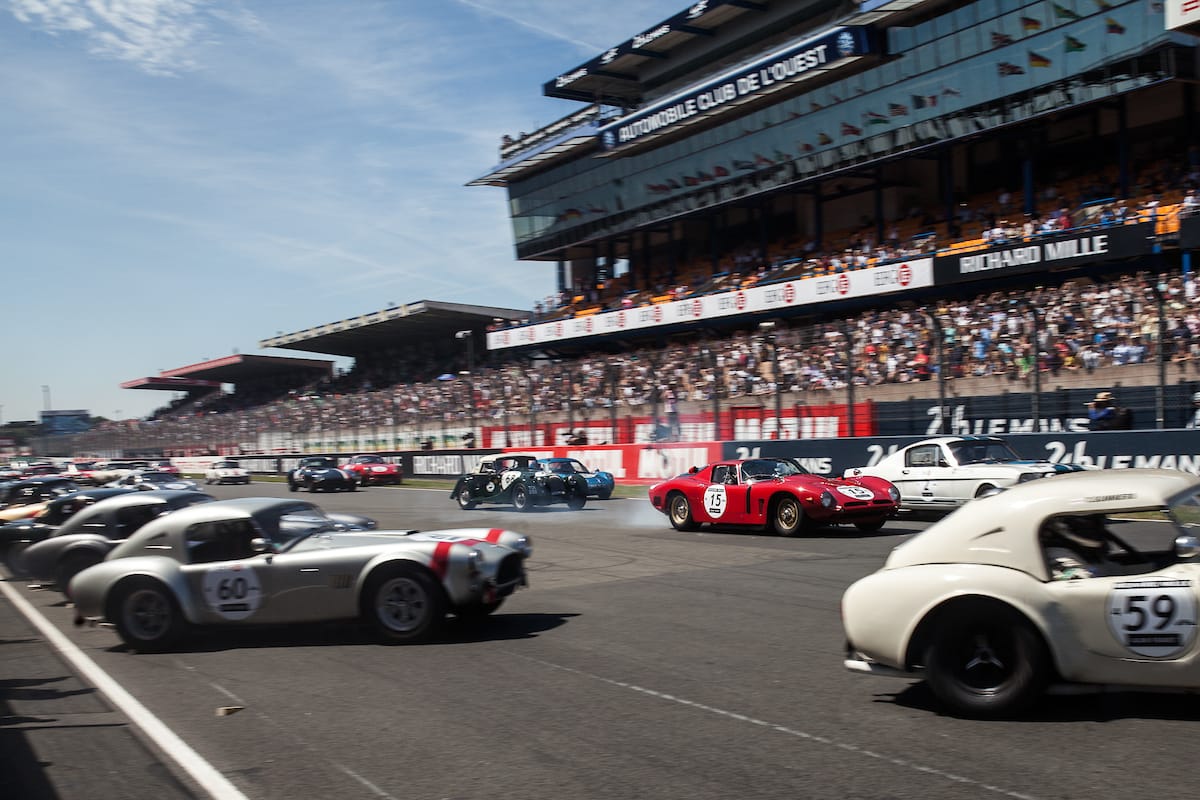
Custodian, the business that powers the Apex, has just launched car insurance designed for enthusiasts. So if you're an existing Custodian user, you can apply directly through the platform 24/7, and if you're not yet a Custodian user, sign up here and check it out.
Patrick, welcome to the show.
Thank you.
I believe your were at Retromobile last week, was that a successful event for Peter Auto?
I love Retromobile. I've loved Retromobile for a very long time. I think for me it's probably the best motor show for historic cars in the world, and for different reasons. First of all, the Retromobile exists for 45 to 50 years now. I think the first one was probably in 1976 in Paris in the Gare de la Bastille, and the Gare no longer exists. It increases every year, etc. The period is very important because it's always beginning of February, and it's a good occasion for collectors to come from everywhere around the world. You have American people, Hong Kong people, and it's always the same story since 45 years. This year was very interesting, the quality of the cars was perfect, the presentation was perfect. Many stands made a lot of effort for the quality of the presentation. Probably there is more and more modern cars, but modern cars for me, probably not for you because we are not the same age, but I was very happy. For my business, it went very well.
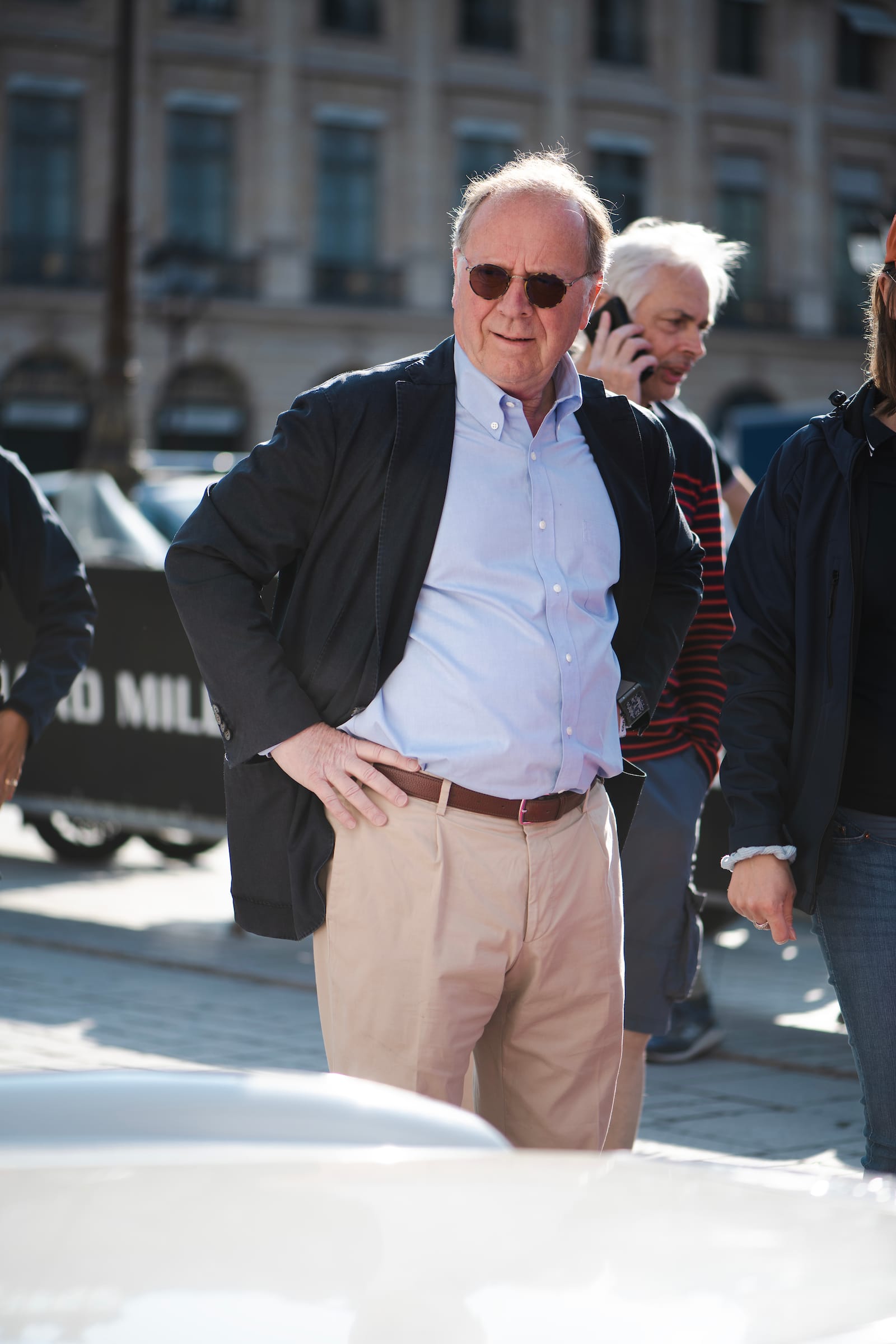
I am pleased to hear that. Obviously today your name is synonymous with some of the greatest motorsport events in the world, but how did your career in motorsport begin?
Too long ago [laughs]. I think we organised the first race in 1983. In fact, with my wife, we had a public relation agency, and an organiser asked us to help him to find, it's always the same problem, all the organisers need sponsors because they need money. They asked us to help them for the partnership, and the organisation was quite difficult, quite bad, no media, no organisation, but like all the boys from my generation, I love cars and I said okay, we can't help you now because there is a lot of work to do, but if you want we can work together to improve the system, and probably after two to three years we will help you and we will find something. It was the case, and in 1985 we found Lanvin and course de l'Age d'Or, we changed the name to Grand Prix de l'Age d'Or Lanvin. At the end of the 80s it was probably the second historic event in Europe. The first one was the Old-Timer Grand Prix in Germany. Of course now it's Goodwood, Le Mans Classic, etc., but all these events didn't exist in this period.
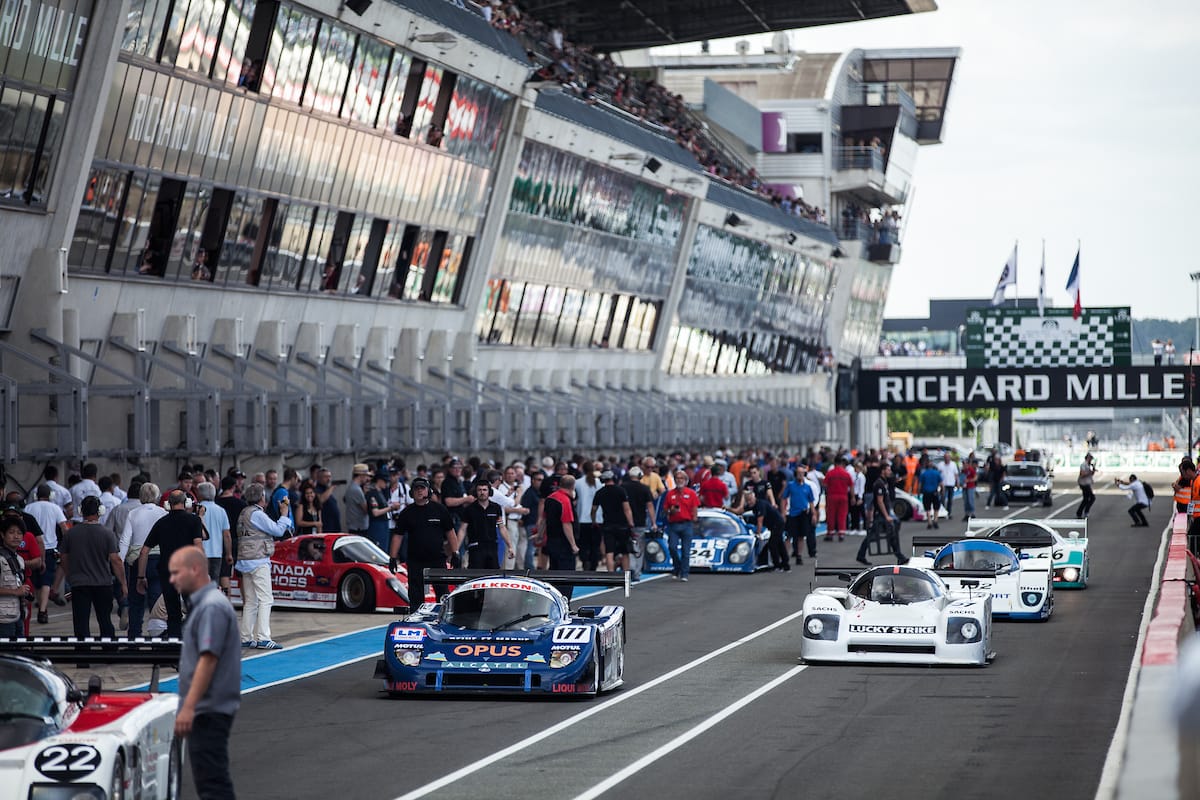
When you launched Peter Auto, did you believe that it could reach the heights that it has today?
No, clearly. The strategist who imagines everything 20 years later, I don't believe that. We like that, we spend good time and we increased the activities step by step, with some success, but sometimes it was not a success, which everybody forgets. You have to launch 10 events if you want to have five successes, and that proportion is good.
What do you think have been the keys to its success?
Work, work and work [laughs]. No, I think since a long time there is nostalgia in different activity, in music, design, fashion etc., and of course motorsport is the same. Modern cars that are used every day for everything are not very fun. It's more and more difficult, traffic flow is more and more difficult, you have speed limits, and if you love to drive, there is no solution. It's a racetrack, and if you don't go to a racetrack, it's also historic car, because with a historic car, when you drive at 100 km/h, there is more sensation, it's more fun than 200 km/h with a modern car.
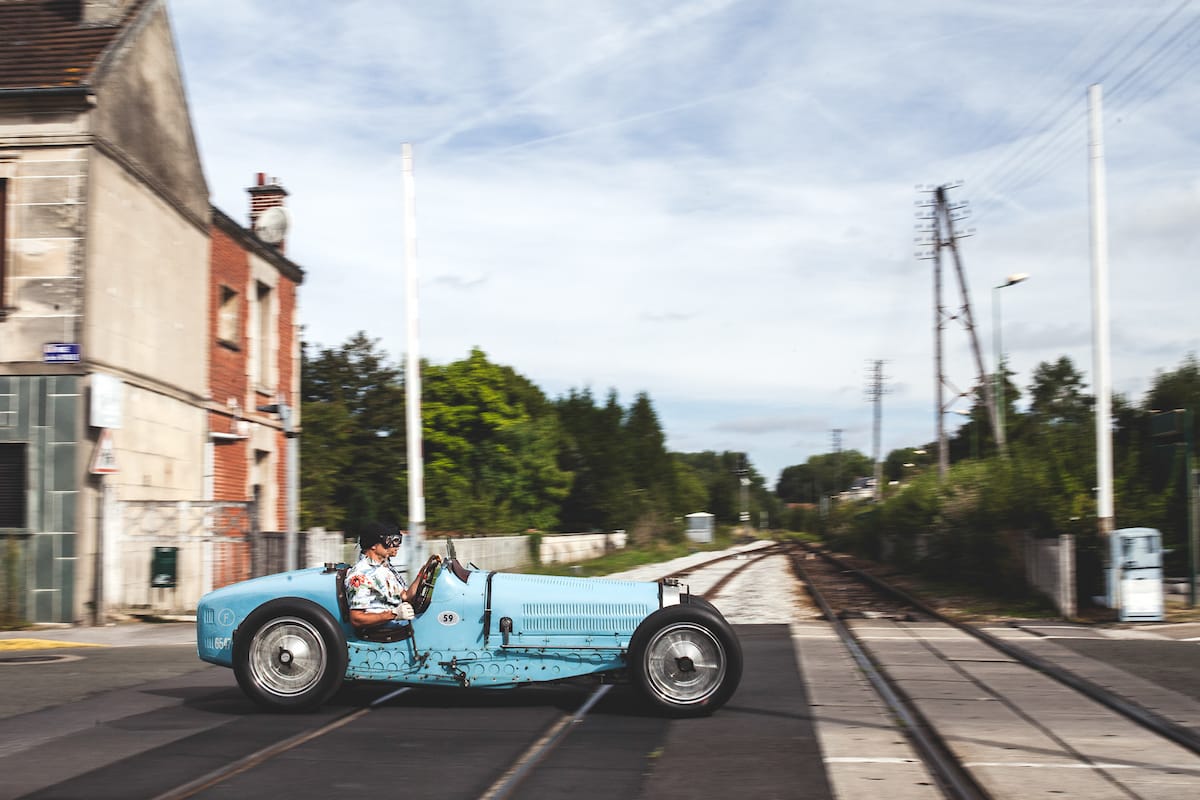
You alluded to it there, the motorsport industry has evolved significantly over the years, what do you foresee as the future trends in historic racing?
I was involved with modern motorsport between 1994 and 1996 with Jürgen Barth and Stéphane Ratel, we organised the BPR for example. After with the ACO, the organiser of the 24-hour, we organised the Le Mans Series which is the WEC now. I know very well the modern motorsport. To be honest I am not sure to love it like I did, because it's more and more like all the other sports, it's more and more professional. The spirit is more and more difficult. Everybody wants to be a world champion. I'm not sure it's what I like. But to come back to the historic car, I think first the apparition of the electronic will be a real problem for the future for different cars. I think that a lot is collectible until 1995, something like that, after it will probably be difficult. After in each country there is a many important ecologist lobby, ecologist party, and everybody needs to reduce the emission, etc., and for us we are very happy because I think we were probably the first one to do that last year, it was in Le Mans Classic in July, and it was just a test, but we provided sustainable fuel for 30% of the grid, which is a big figure because it's probably 200 cars or something like that, and it worked very well. We want to do that this year with the Tour Auto, with the other race, etc., the problem is now the quantity are not allowed for everybody, but the target is in two, three, four years maximum, to provide that for everybody and it will be mandatory. And with that I think we don't have a position for the motor racing if we have that.
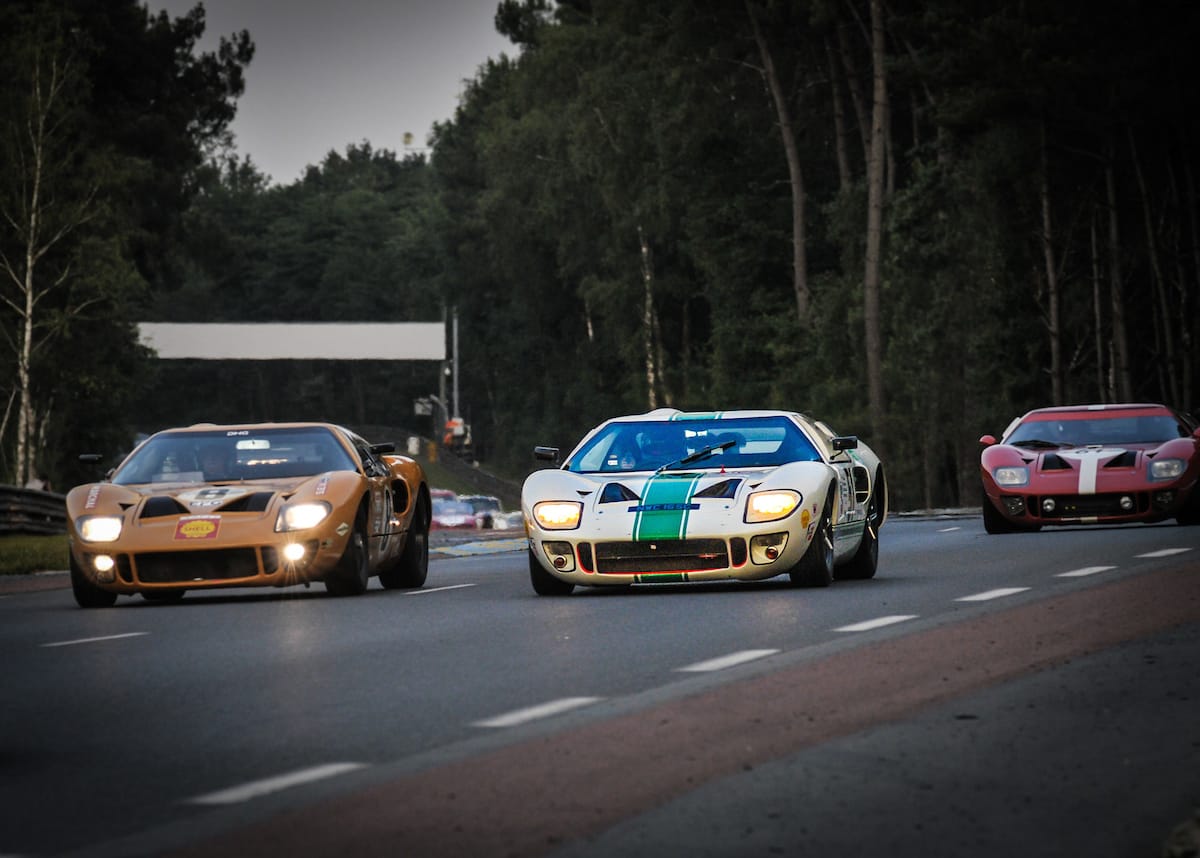
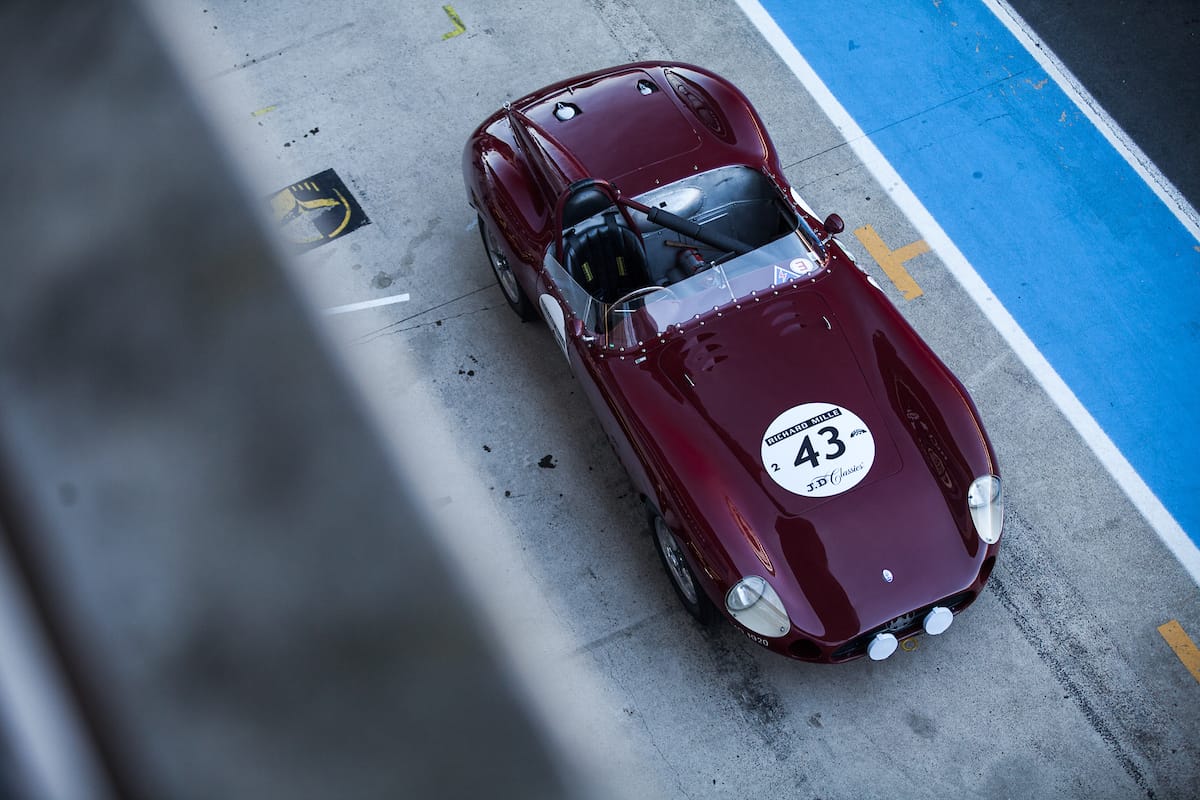
Interesting, Goodwood have mandated sustainable fuels for the Revival, so you are saying that is something that you will have to do for the Le Mans Classic?
Yes, but I am sure the organisers are not completely stupid, we are in an environment and we need to find a solution, I am sure we found part of the solution in Le Mans Classic and it's normal, I am sure all the biggest organisers will do the same.
Your events showcase a wide variety of historic racing cars, how do you go about selecting the cars that participate, and are there any specific criteria or qualities that you are looking for?
For events with a big story like Le Mans or the Tour Auto, there is an eligible list. It's always the same story, it's a car who raced in period during the event. For example we are very happy to receive a D-Type Jaguar in Le Mans Classic, but a D-Type Jaguar will not be eligible for the Tour Auto because they never raced in period, but the C-Type is okay. This is the first point. For the race we need an HTP which is the paper for the car, and it's important because all the collectors from Germany, Italy, UK and France are in the same role with the Appendix K of the FIA. That's important because without this paper one car will have 30 horse power more than the other, it's not normal. After when we present an event like Tour Auto, Le Mans Classic and all the other, we need a maximum type of different car, because there is some very reliable and interesting cars, but if you have 50 cars of the same type, it's not very interesting for spectators. We need diversity of models, quality of presentation and a driver. We give a big priority to the owner, we don't like too much professional drivers. We are very good friends with professional drivers but in any case, the professional driver will always be quicker than an amateur. Who pays for the car and everything, the amateur, which is why we need to give priority to the amateur.
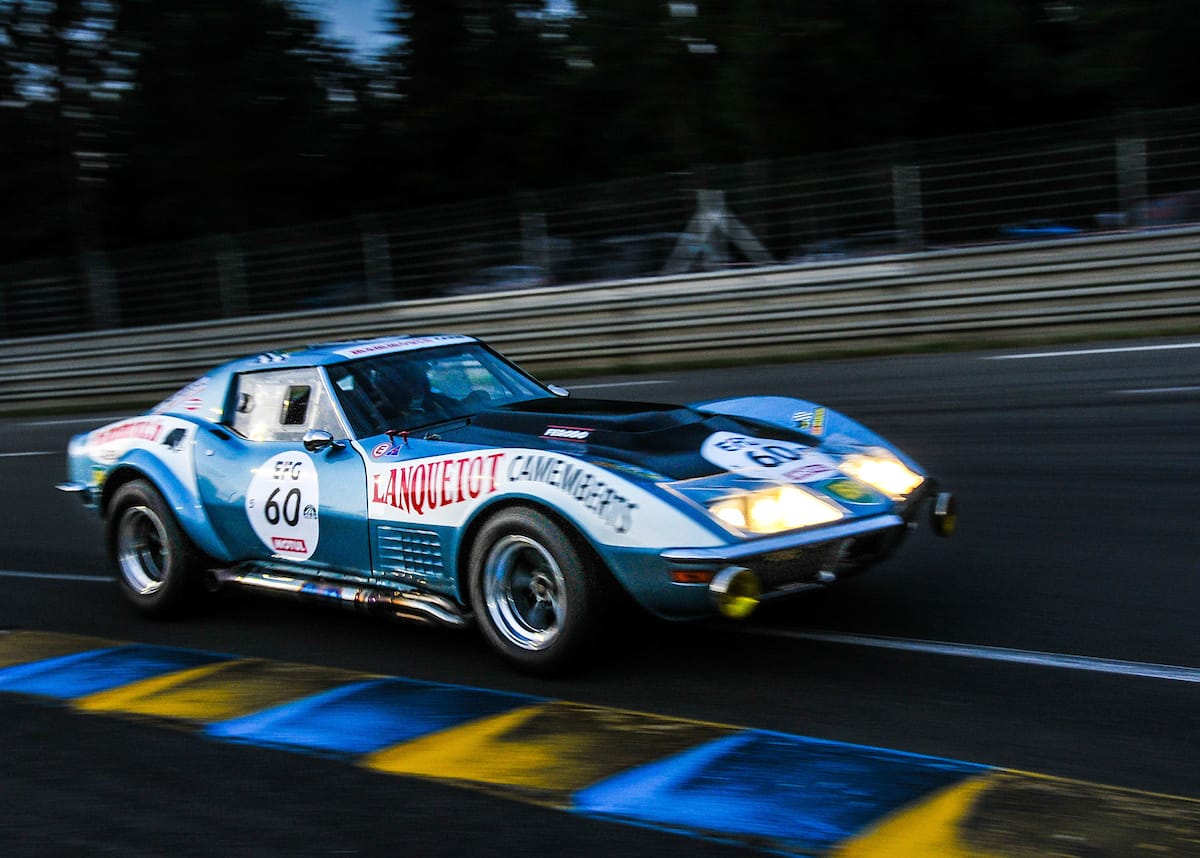
My personal favourite is your Group C series, which I believe is one of your most popular racing series, why do you think these cars and that era are so loved?
I think this is a very spectacular car. I love that but unfortunately it is very difficult, because these are real prototypes, and when you break something you never have spare parts, meaning you need to rebuild everything which sometimes takes three months, six months or one year. That is why for the other cars we have more meetings, but for the Group C we limit to three or four meetings per year maximum. To be honest, we are not completely happy with the size of the grid. Sometimes we have a grid of 15 cars which is not enough, we need 20 cars. Everybody comes to Le Mans because Le Mans is the race for the Group C, but it's sometimes difficult, but we push and want to increase that.
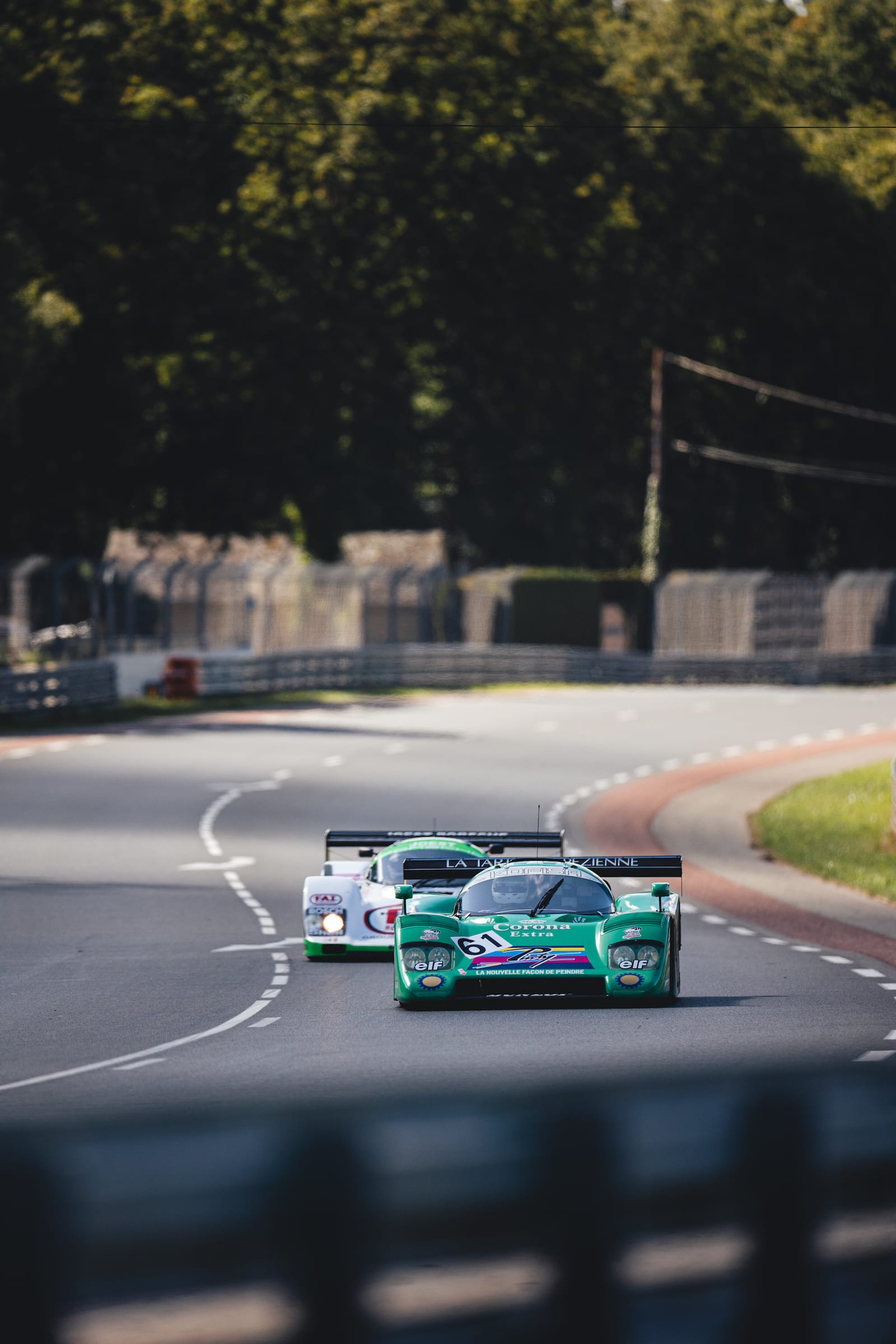
On the Le Mans Classic in particular, it's a crowning jewel in the motorsport calendar, what are some of the greatest challenges when it comes to organising an event of that magnitude?
There is a lot of difficulty. This year we attracted 235,000 spectators but we need to remember when we launched it in 2002 it was 200,000 less, only 30,000, which was a nightmare from an economical aspect, but it was easier to organise. To be serious, Le Mans is difficult because the long track is not a permanent race track, and we need to close the road and explain to everybody, because there are many shops and we need to meet the people and say I am so sorry but we want to play with some cars until this day, and you have to close. You have 200 people in your shop but it's impossible to work for you, and I can tell you it's not so easy. That is why we do it every other year, and it will carry on like that. Many people ask me why is it not every year, and in 50 years I don't know, but during the next edition it should be always every other year.
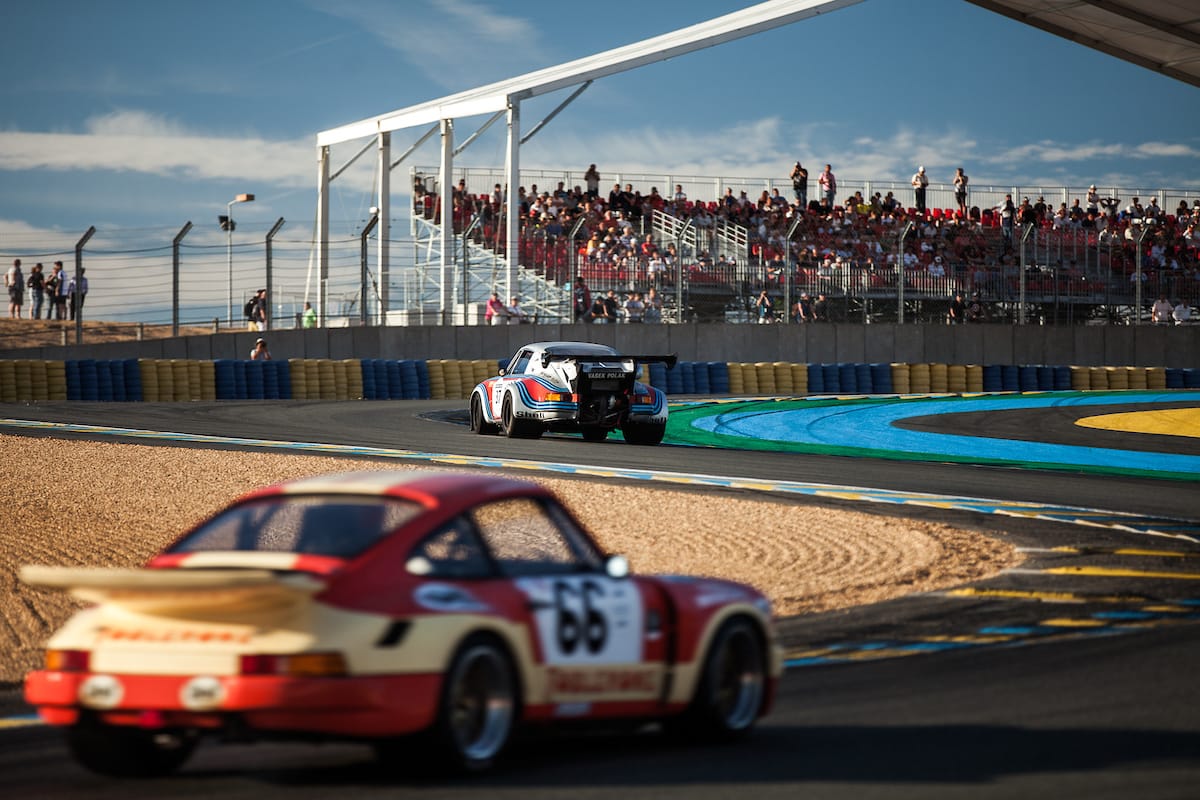
How did you manage to convince the authorities to let you use the public road?
First of all before it exists, not Le Mans Classic, but for other races, the ACO club did some races. It was very easy, with some friend on Saturday morning, you close the road and say today there is no traffic, you go on the right, you go on the left. Now you can imagine it's more difficult. But Le Mans has a fantastic story, it's one of the biggest and perhaps the biggest race in the world. There are some car lovers in France and we explained we will do something, to be honest many people tell me for your collector you need to do that on the Bugatti circuit, I said never, it will be the long track or nothing. But probably we were not so bad, we explained and we were very pushy, and step by step we convinced everybody. Now there is no problem because everybody knows there is the 24 hour and Le Mans Classic and it's important for all the district, for the economy of the region.
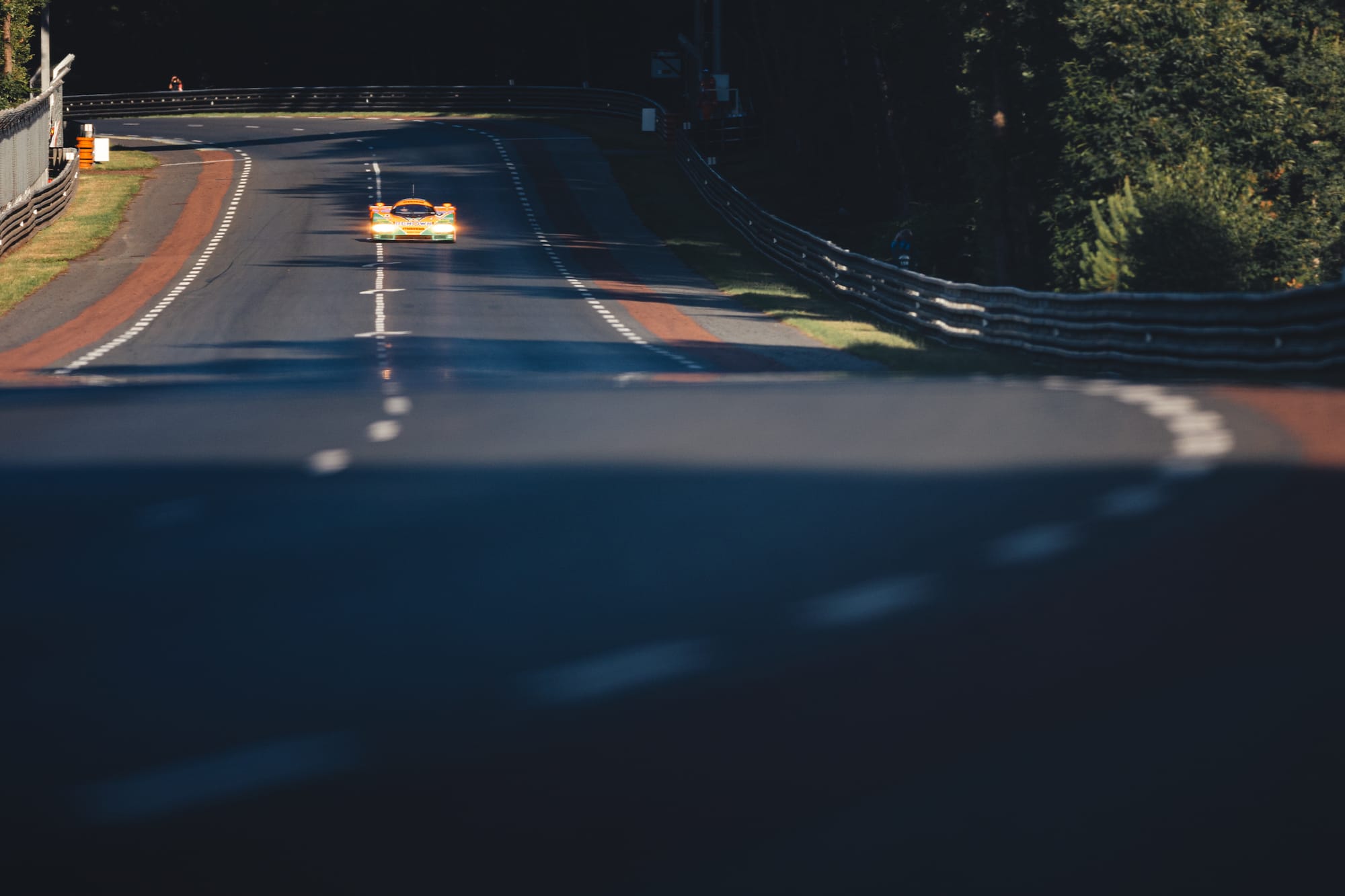
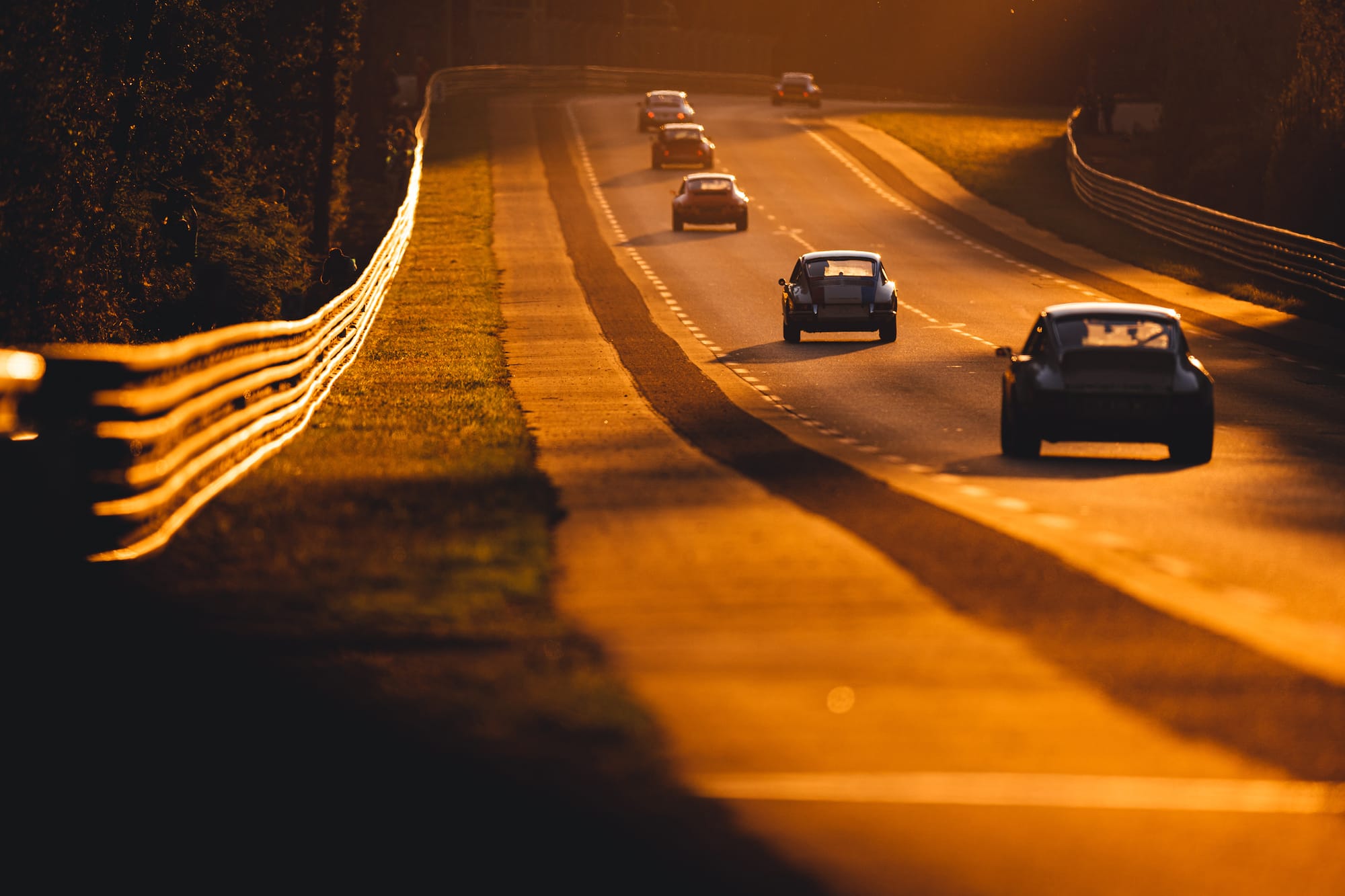
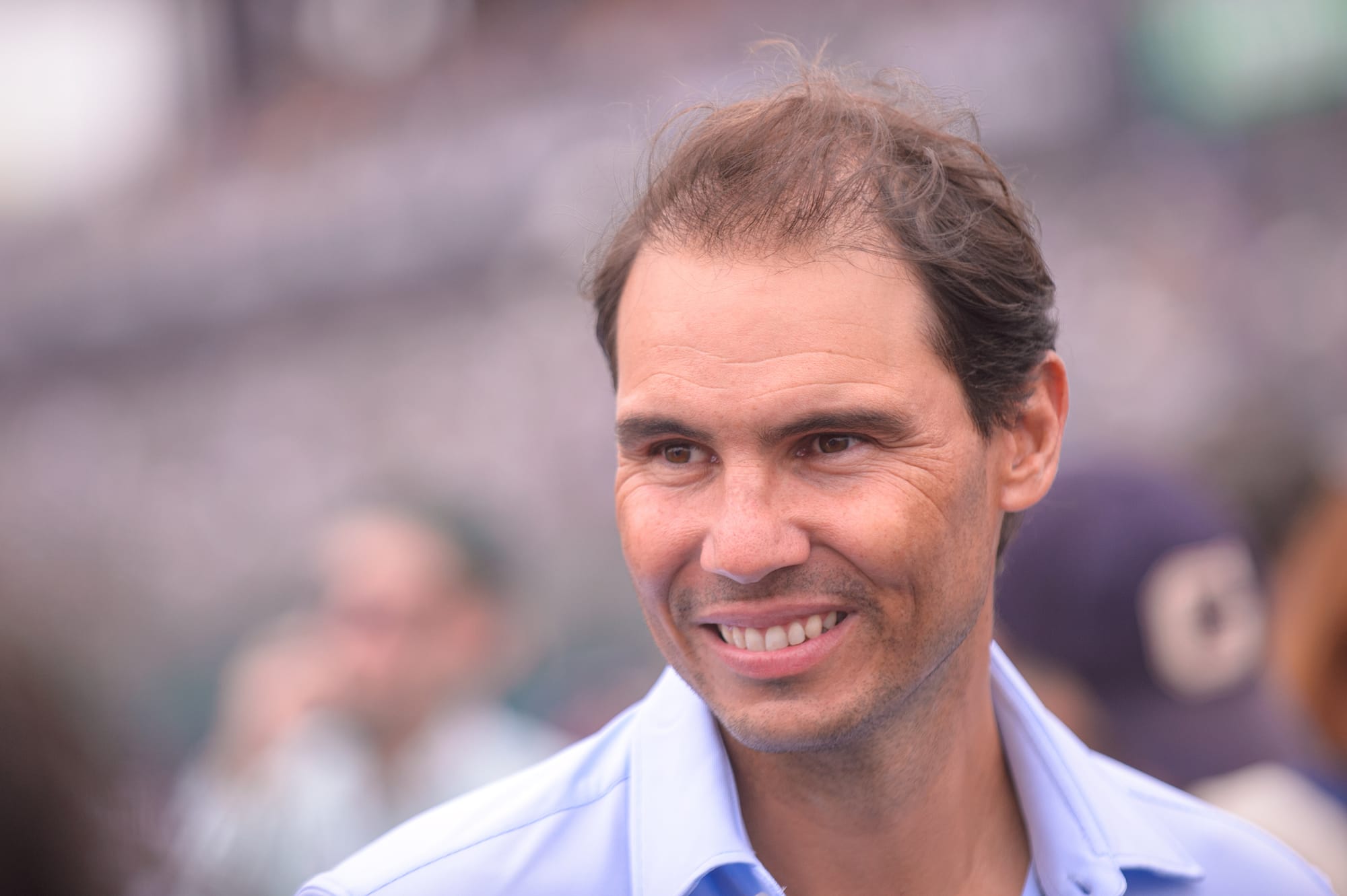
I have heard you speak about the importance of attracting younger generations to historic racing, what do you think are some of the best ways to achieve this?
It is important to attract the new generation because if we want to progress we need them. How do we do that? We try to find something new in each event. If a spectator sees the same thing each time, the next one you say no, I know and finish. You need to provide something new each time. For Le Mans Classic for example, it was one time an auction, now we keep the auction every time. It was a Little Le Mans for the children, now every time there is that. It was music, display, etc., each time it's important to provide a new animation. For the youth it's clear, we need to accept more modern cars. When we began with Le Mans Classic in 2002, we stopped the grid at 1981, now it's 2010. It's very important, but it's normal because the Group C is very popular. After we accept some cars, I don't know if they are historic or not, for me they are not completely historic because it is one part of my story with the BPR, with the Le Mans series, etc., but for a young spectator between 30 and 40, he knows this car very well, and I am not sure he would like the pre-war car in the same way. Some people told me you have to stop the pre-war. I said no, for me I will never stop the pre-war because it's part of Le Mans Classic, but we need to extend the period of the event.
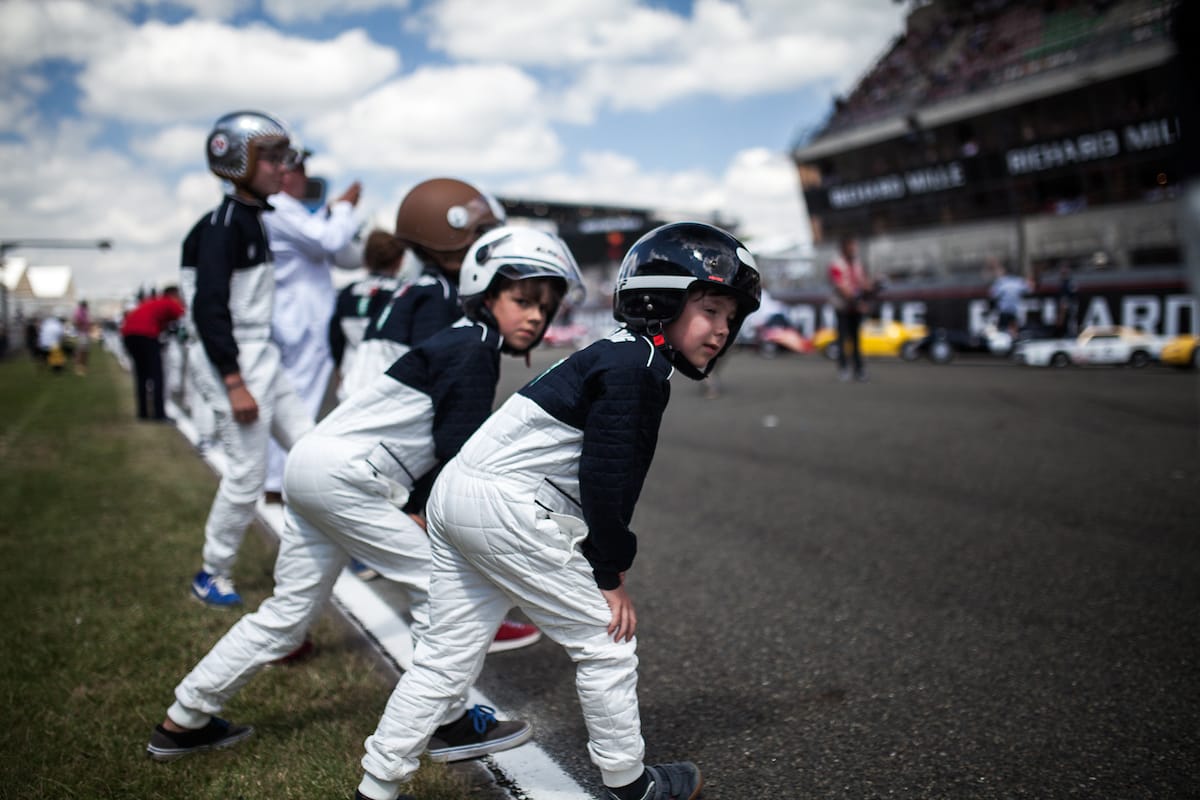
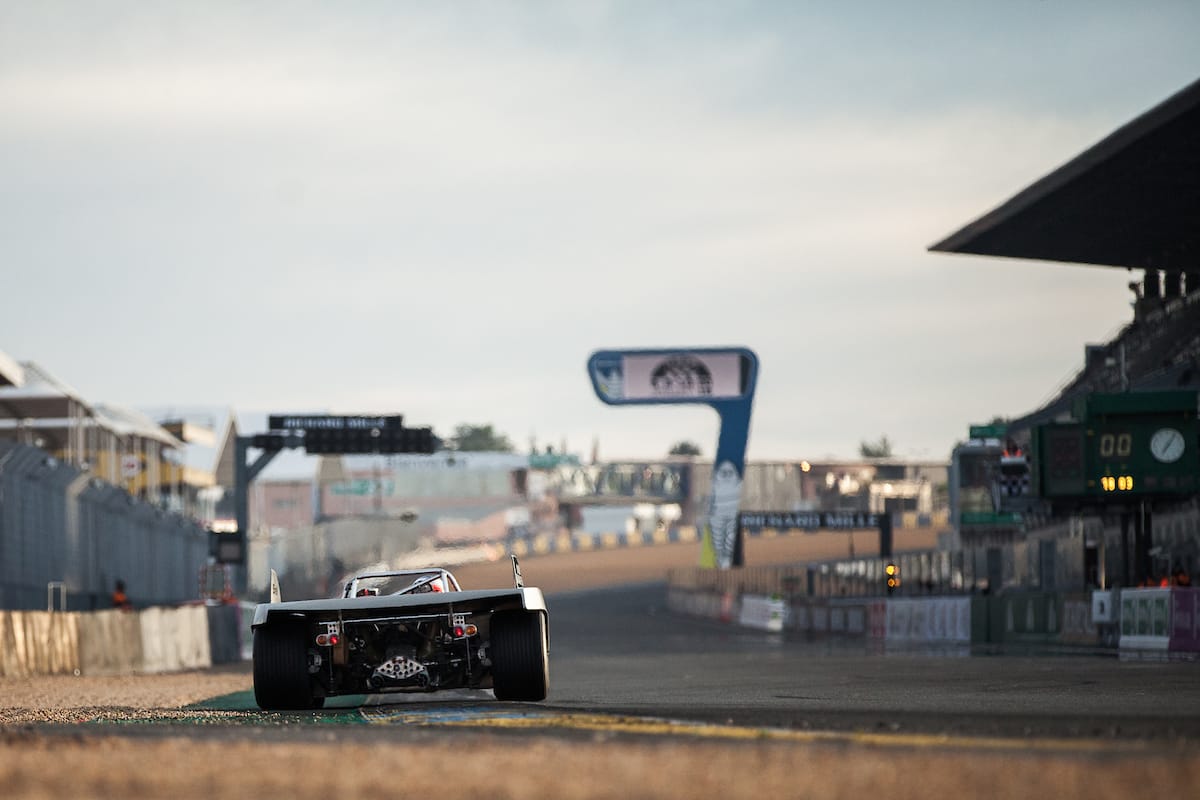
You also organise rallies and concours events as well as circuit racing, do you find that these events attract different personalities, and is there a different mindset for each one?
For me I prefer the race and the rally, because I prefer the sport, it's more active, but with the value of the car now, it's very difficult to attract people with very high level cars in a rally or a race track because they don't want to crash their very expensive car. That is why we launched Chantilly Arts & Elegance Richard Mille in 2014, and now I think it's probably one of the big concours, but American people for example love the concours. We try to do a different concours, it's not just a concours but there's many animations around that and we provide many things for the family. It's not just for the passionate. Sometimes their wives are not so passionate and they prefer to look at something different, which is why in the Chantilly we do games for the children, animation for the ladies, visits, etc. Some people do the race and the rally and the concours, but normally it is two different populations.
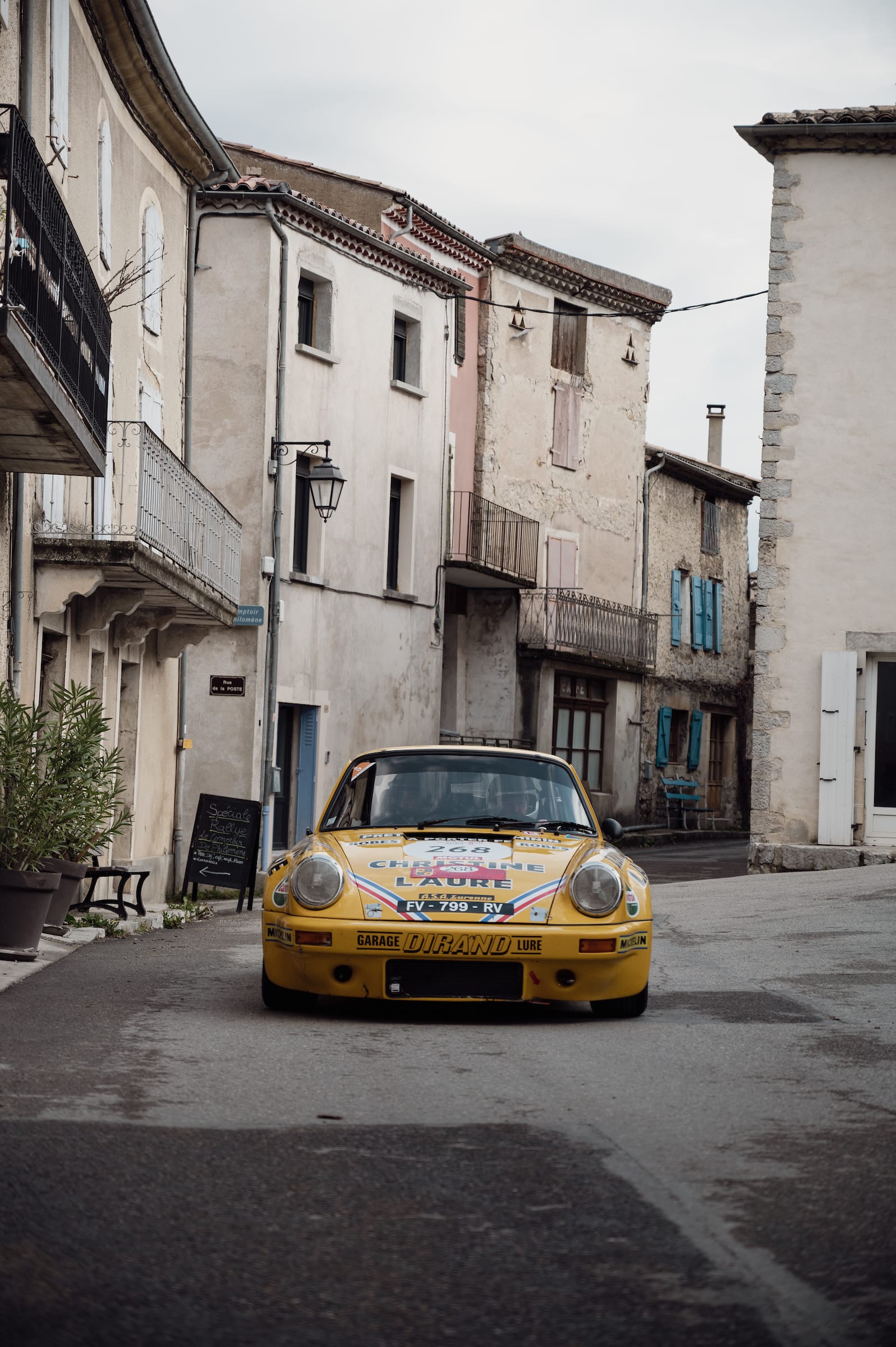
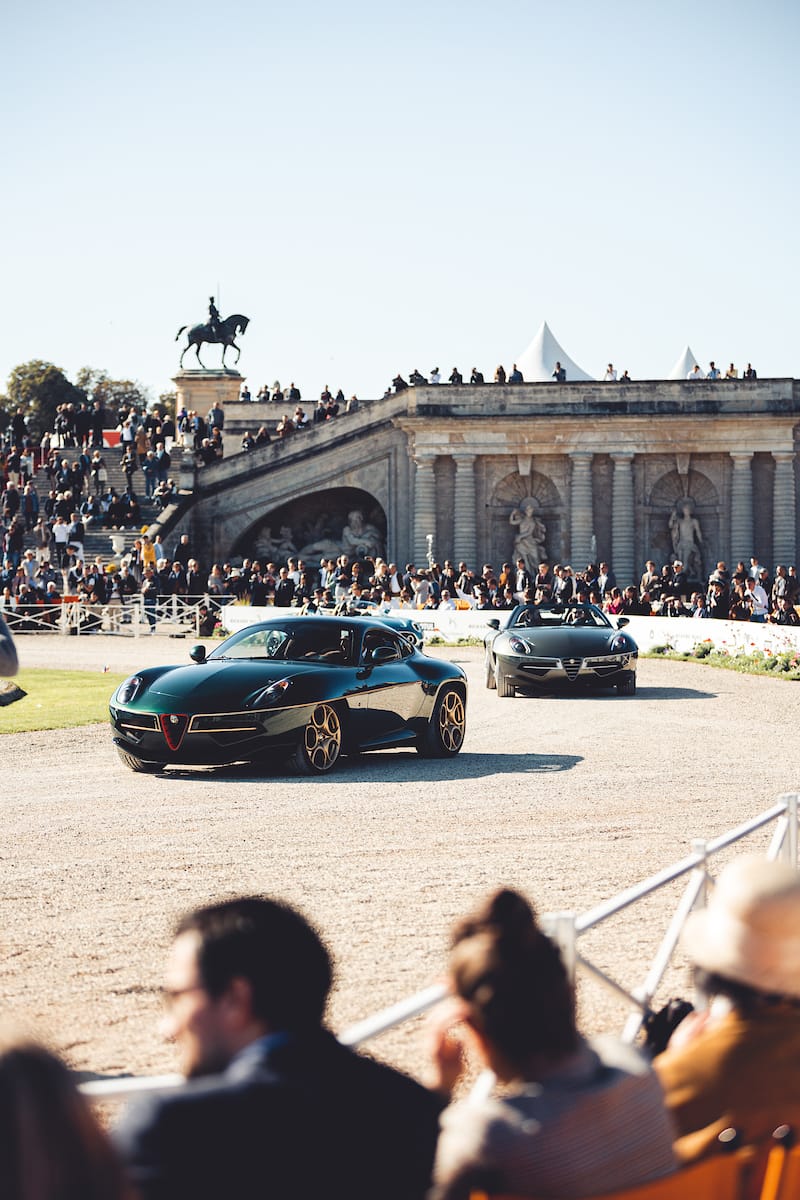
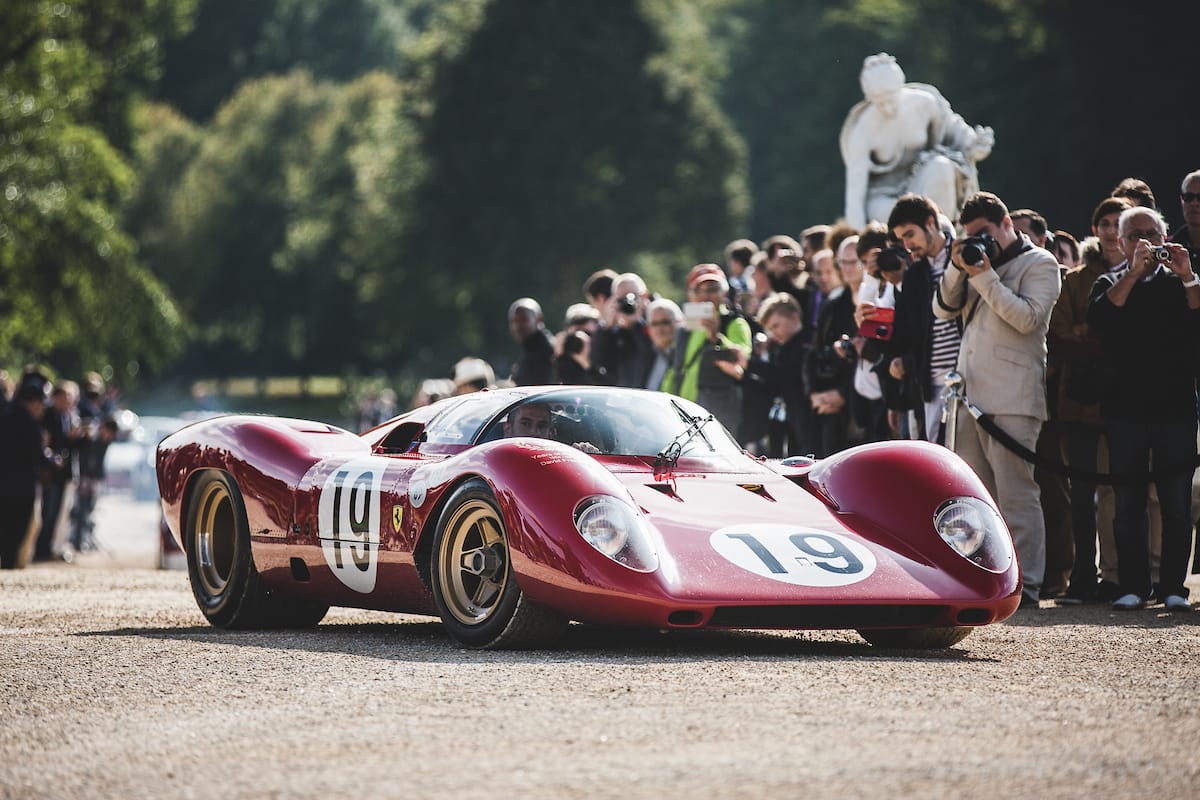
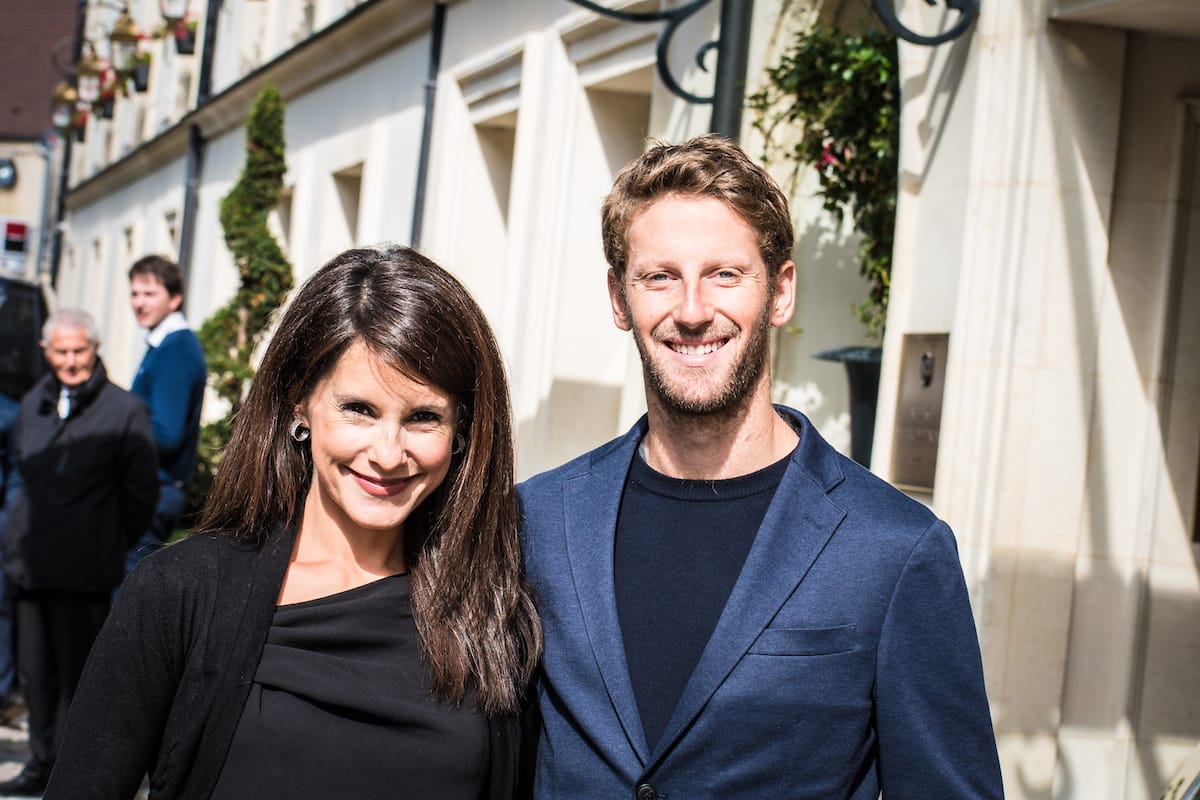
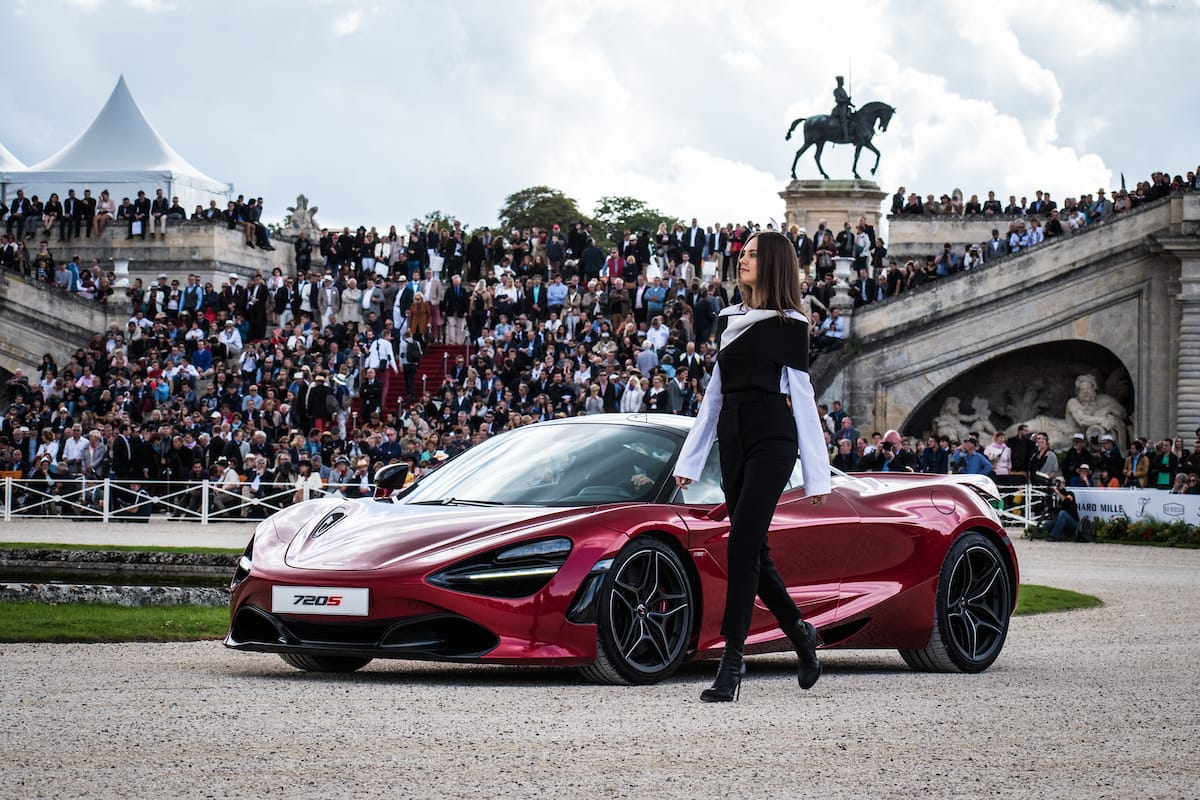
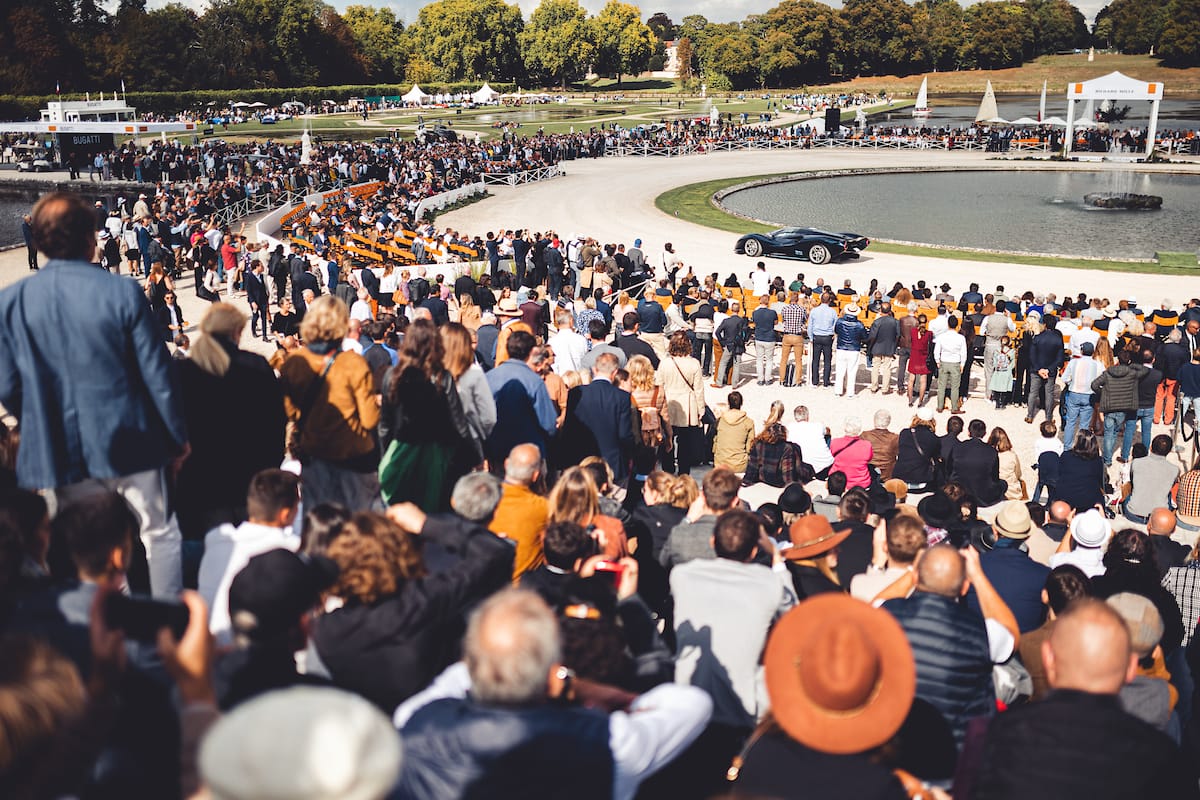
Source: Peter Auto Archives
You also run the Rallye des Princesses, which is a rally exclusively for the women, how successful has this event been and how does it contribute to the overall mission of Peter Auto?
I think we bought the event probably in 2019 but with COVID it was impossible to organise it. Everybody wants to explain everything is possible for the ladies now. It was probably not the case before, but since a very long time there are some ladies in the car and they love that, and we think it will be interesting to do something with that. What I can tell you is that it is easier to organise a rally for the ladies, because when you organise a race with men, if they are the podium, they are very happy. If they are not on the podium, it's because the engine had a problem, the preparer was an idiot, the neighbour blocked him. With the ladies, when they are on the podium, they are very happy, and when they are far from the podium, they say okay, I need to improve and it should be better next year. They don't have the same ego as men, it's clearly easier.
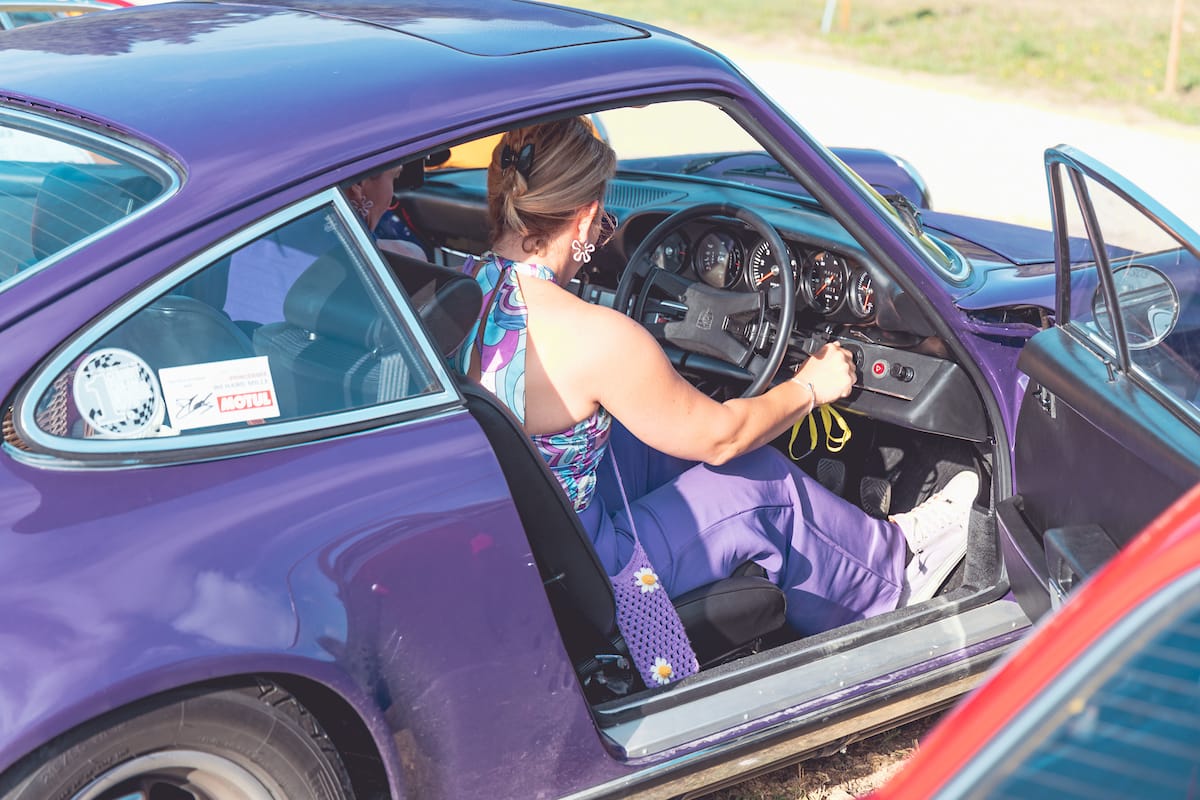
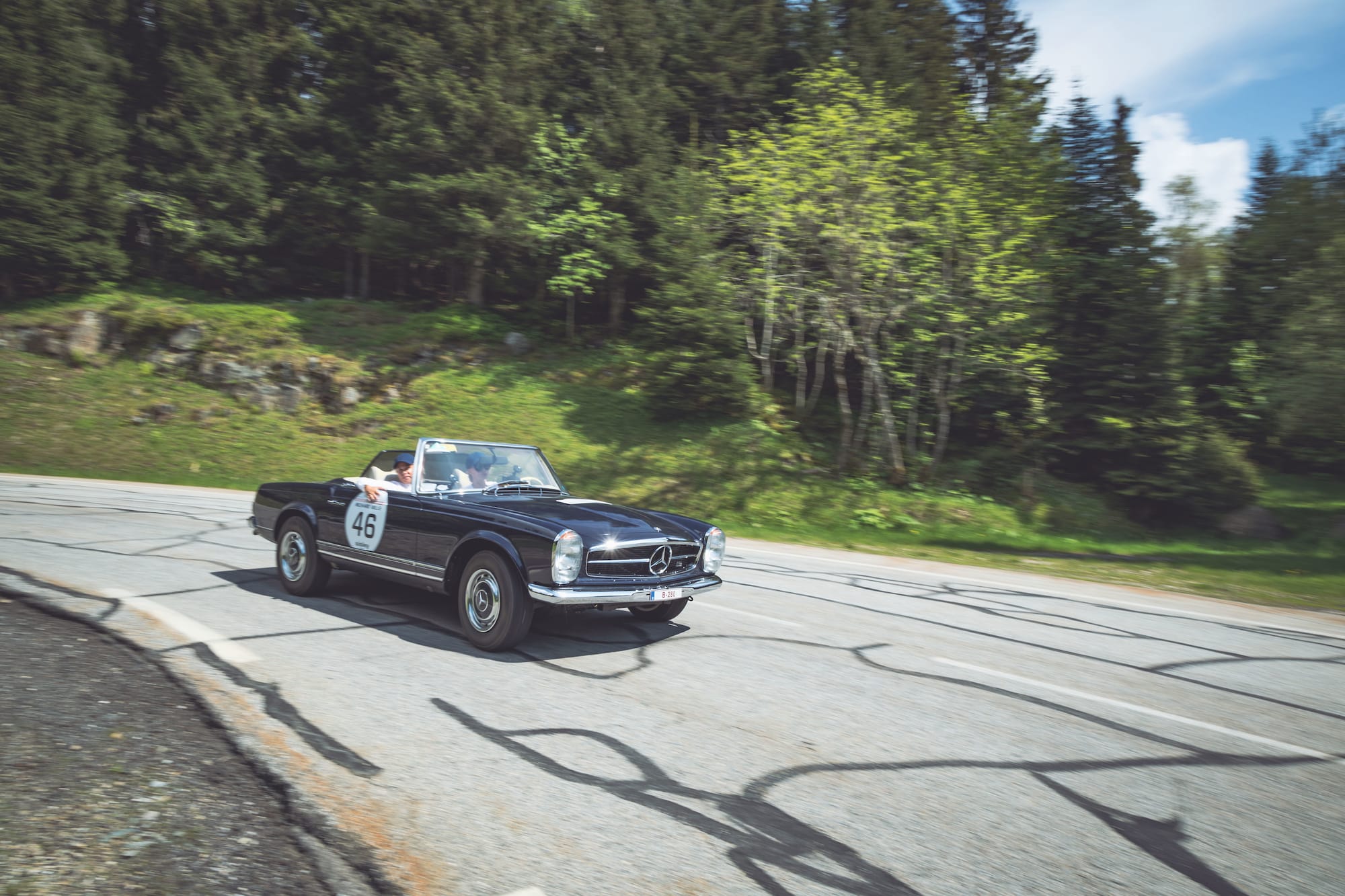
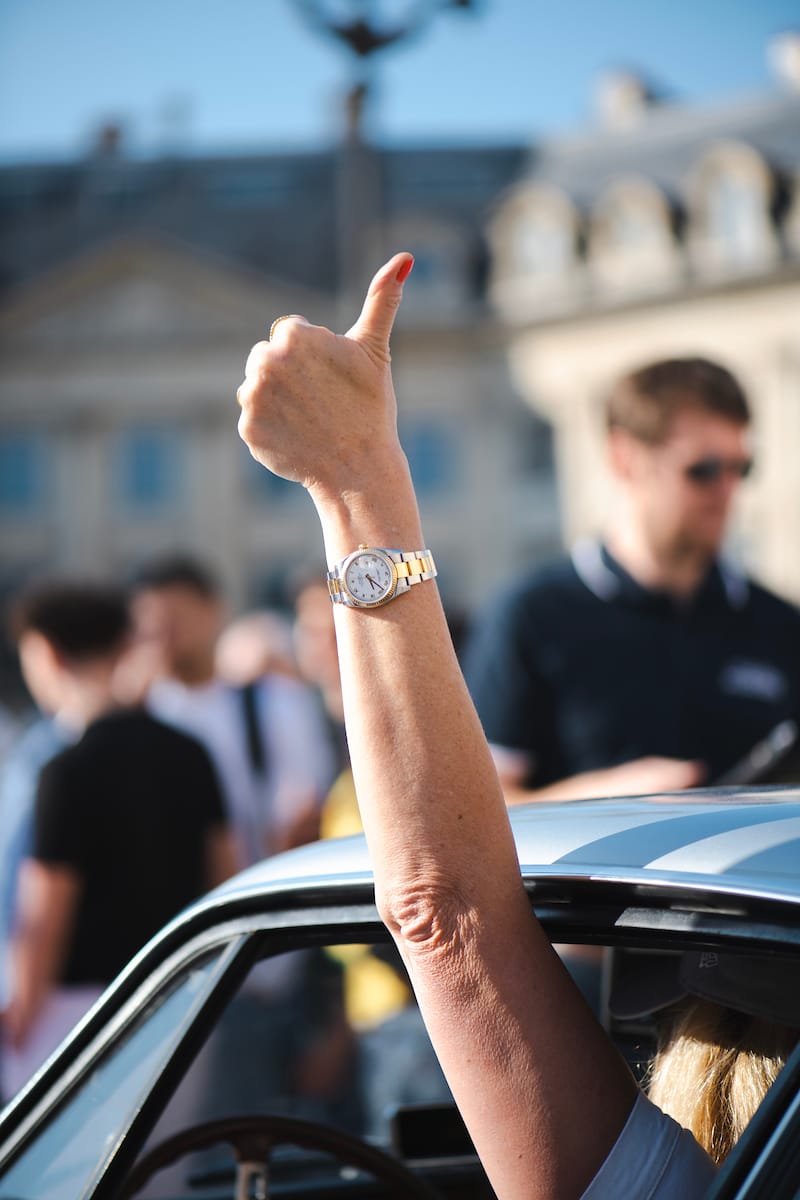
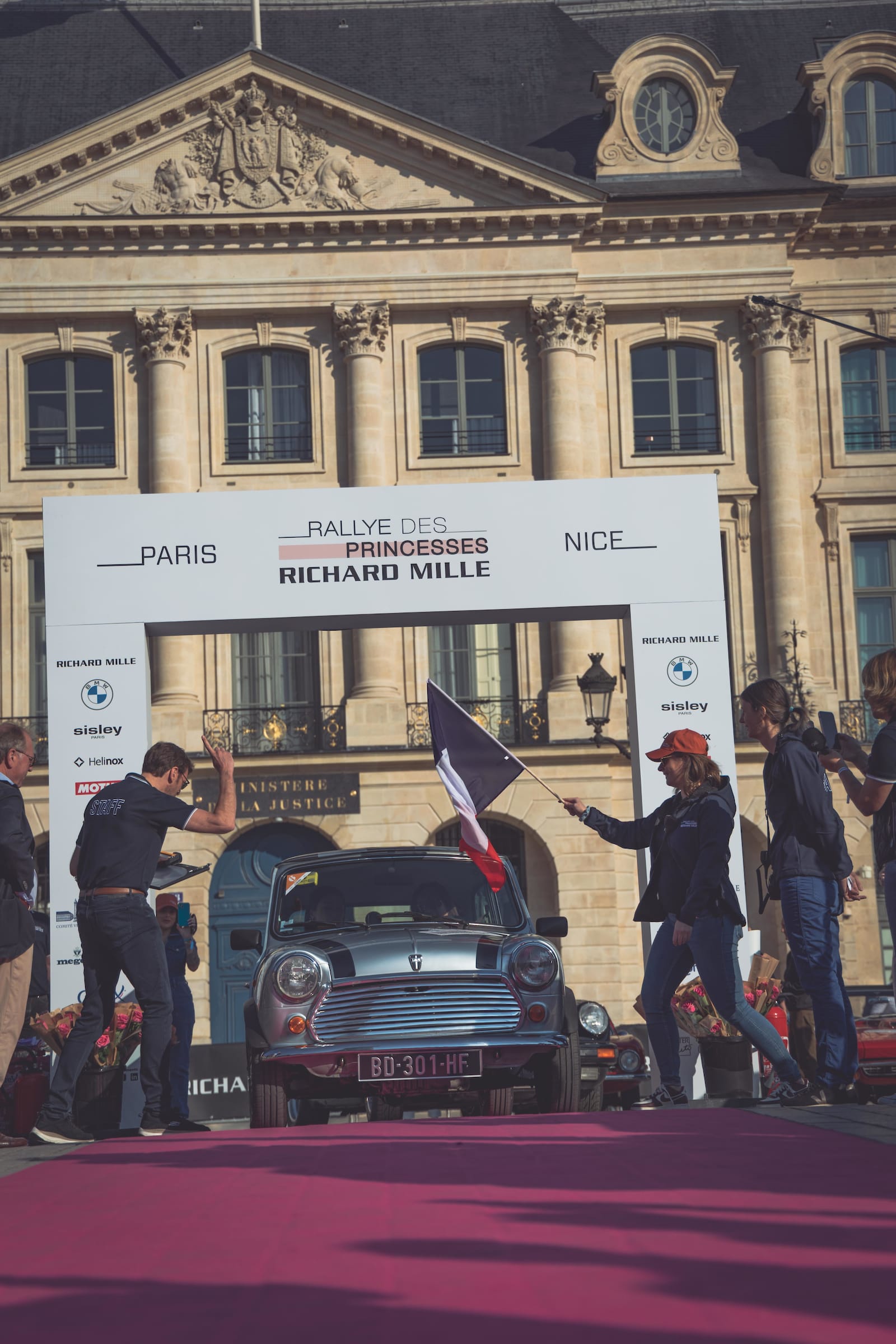

You kick off the season in Qatar with the Classic Endurance Racing Series. What are the challenges and opportunities in bringing historic racing to new and diverse locations?
In the past, probably 20 years ago, we organised a race in Bahrain. It was not their culture in the beginning, but step by step there are many people from this country who come to Europe, and they know the cars, buy them and love them. It is difficult for us to find a good period to go there, because in summer it is too hot. We need to go there between the beginning of November and the end of March, which is what we will do this year. It will never be like in Europe, or perhaps in a very long time, but in Europe we have Nürburgring, Silverstone, Le Mans and Monza, which they don't have, but probably Doha, Bahrain, Abu Dhabi, for the young people will be on the same level as Monza and Nürburgring was for us. I think it will increase step by step. Now there is Formula One in all these countries and I think it will increase.
To finish the interview I was just going to ask you some quick fire questions, so you can just give me quick answers to these ones, and they are all pretty light-hearted. What is your favourite era of motorsport?
For the period I don't have a period, I like everything. I don't like the actual period but sometimes it's pre-war, after it's post-war. It's like the brand, there is good and bad in each brand and sometimes you love one type of car and you bought it or you tried it, and after 2 kilometres it's not what you thought, and you change. I have no brand and no period. For the driver it's very difficult. I don't have autographs, but somebody like Jacky Ickx is somebody fantastic for me, because he did motorcycle, he did touring car, he did GT car, he did prototype, he did Formula 1, he did everything, and off-road, and everywhere he was at the top. It's difficult to find this type of driver now because they are concentrated on one type of race of grid. After there are many fantastic drivers.
There are some incredible circuits on your events calendar. Paul Ricard, Spa, Le Mans, what is your favourite circuit?
It's difficult to tell you something different to Le Mans. It's a fantastic long track, the history is fantastic and the atmosphere is fantastic. Spa is exceptional and has a big advantage as it is open all year, but Le Mans for sure.
If you could only have three cars in your garage, what would they be?
I think it would be a pre-war Alfa 8C 2.3, probably long chassis Le Mans car. It's good for the race but it's also good for my grandchildren, they can come with me. Probably a 250 short wheelbase Ferrari and a McLaren F1. McLaren F1 because you with the BPR we organised the race for this type of car and it's a fantastic car. It's a small car, very powerful, but it was a road car and perfect. Alfa, Ferrari and McLaren. If you have some idea to help me in this way, I will be very happy.
I will see what I can do. Thank you very much for your time Patrick. That was fantastic to speak with you.
Thank you. Bye bye.

